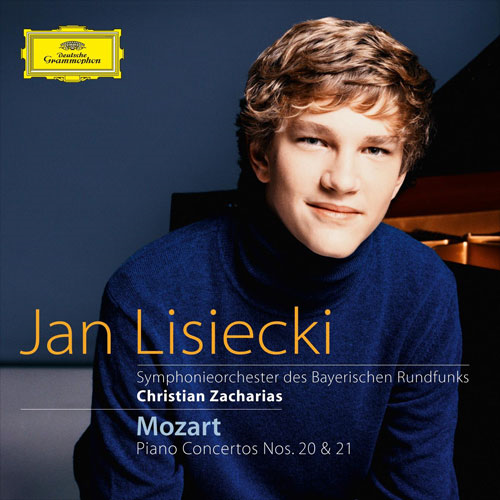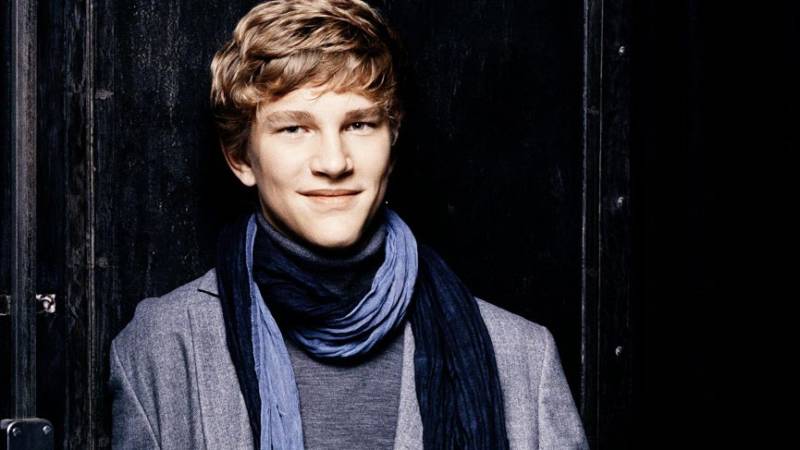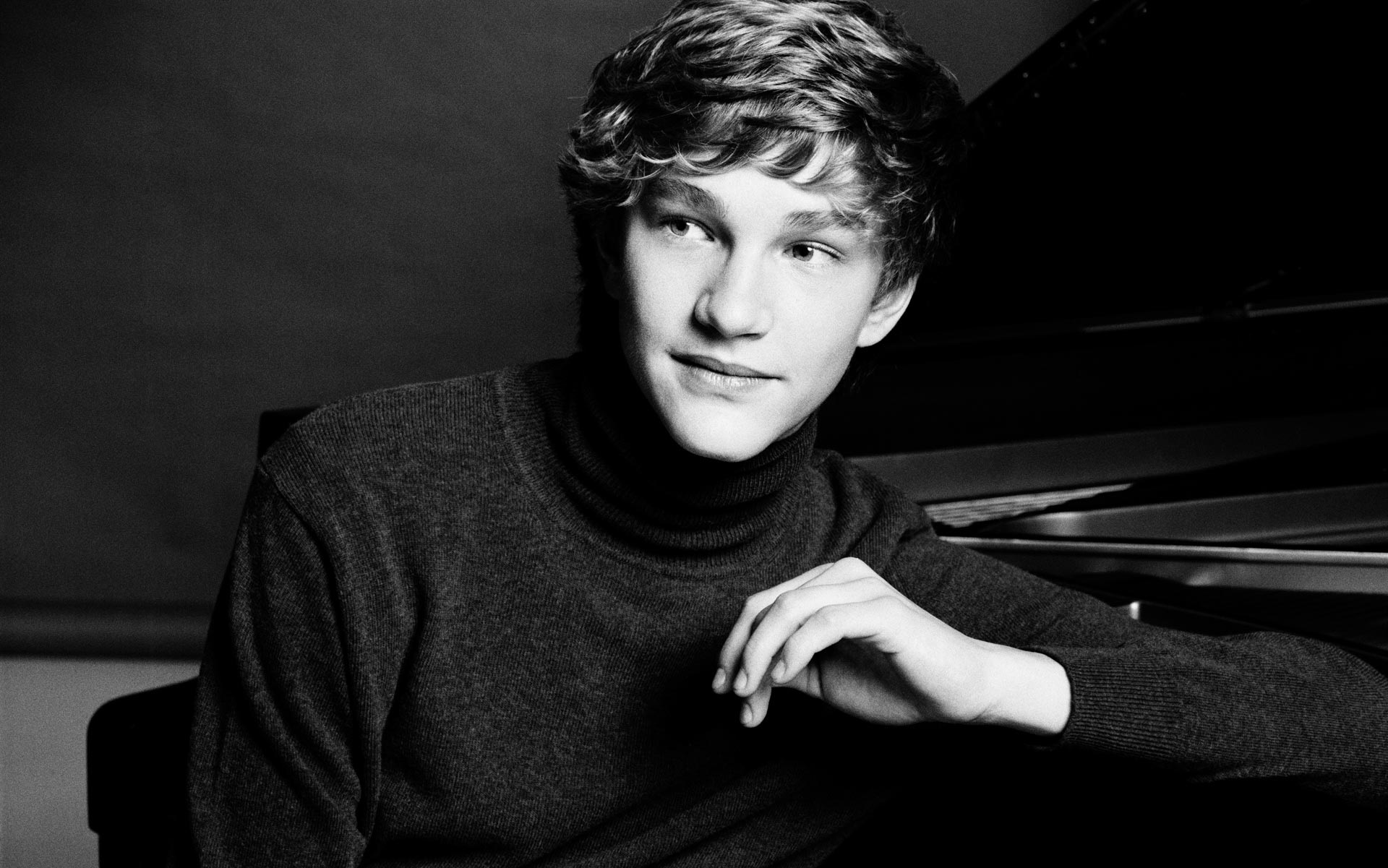Jan Lisiecki is aware of the criticism directed at pianists of his generation. That audiences have regretted the loss of individuality exhibited on stage and at competitions, even as technical standards rise, is not lost on the 21-year-old wunderkind. But for Lisiecki, there is a way out: a composer who disposes of the confetti and reveals the true character and authenticity of the artist.
On Wednesday at Davies Symphony Hall, the Canadian pianist makes his San Francisco Symphony debut in Mozart’s Piano Concerto No. 22 alongside the esteemed conductor James Conlon, who rounds out the program with Britten’s “Sinfonia da Requiem” and Dvořák’s Eighth Symphony.
It is a strange phenomenon that Mozart, one of the revered pillars of classicism, is rarely showcased at top international piano competitions — organizations whose raison d’etre is to uncover rarified artistic talent. Works of Rachmaninoff, Prokofiev and Liszt, by contrast, are pounded out until they become hackneyed, often devoid of meaning and expression.

“It strengthens my belief that competitions are not looking for the best musician, overall, but the best performer, one who can deliver all the notes perfectly,” Lisiecki says. “Mozart doesn’t really fit that mold; everyone can play the notes, but you are left completely exposed with what you have to say because you cannot dazzle the audience with many notes. Mozart requires all the technique of the other composers, and more.”
Vladimir Horowitz certainly believed so. A pianist known for his unsurpassed technique and individuality, Horowitz rediscovered Mozart in his eighties, lending credence to the belief that one must play Mozart when either very young or very old.



